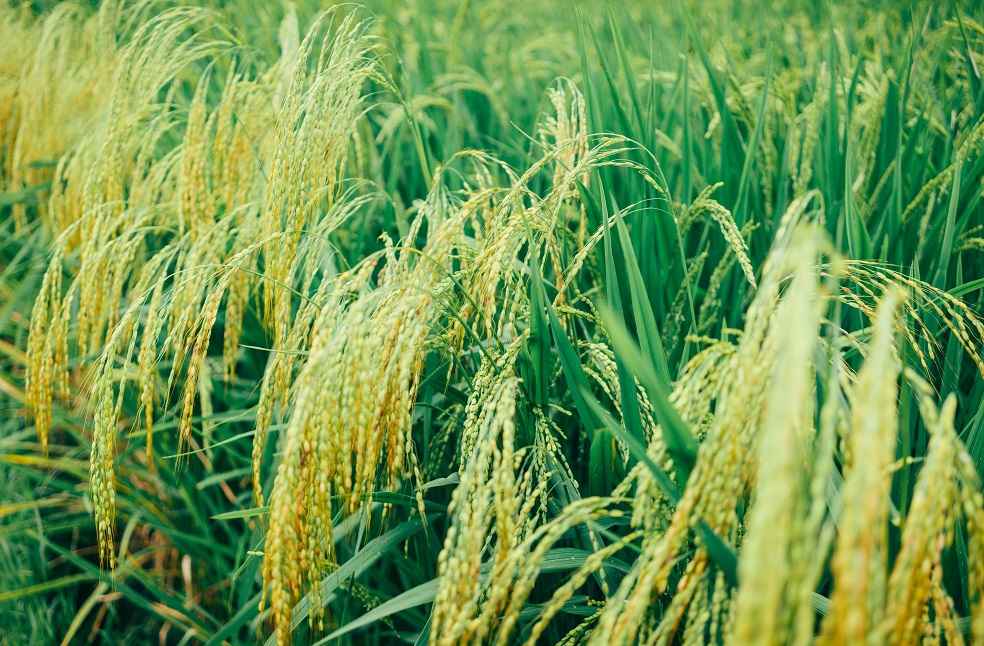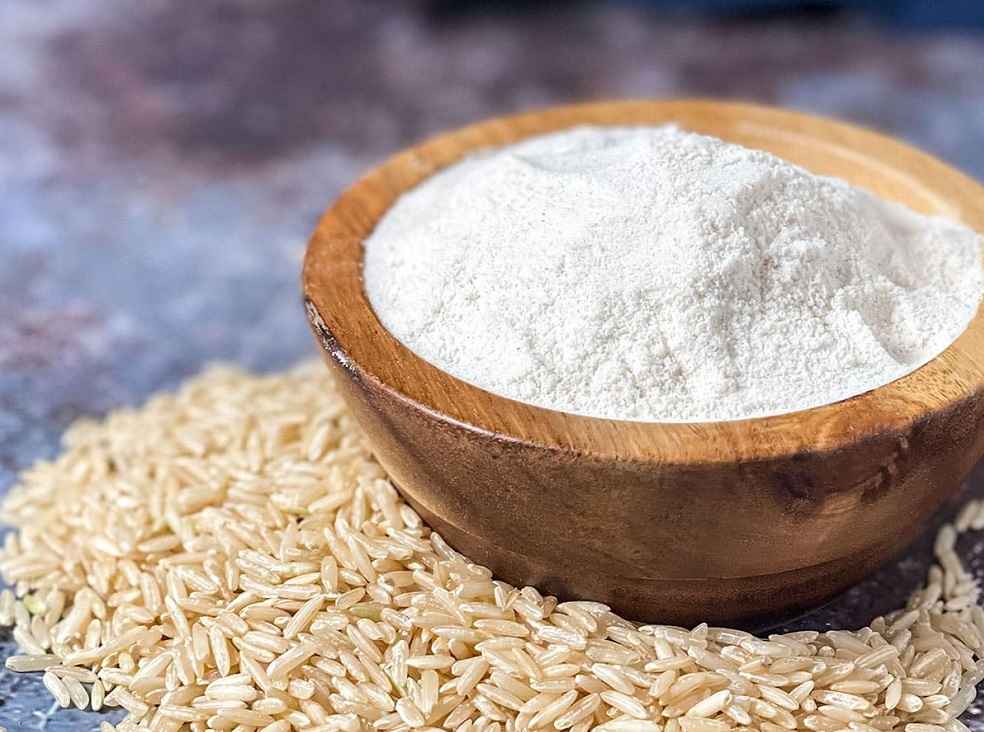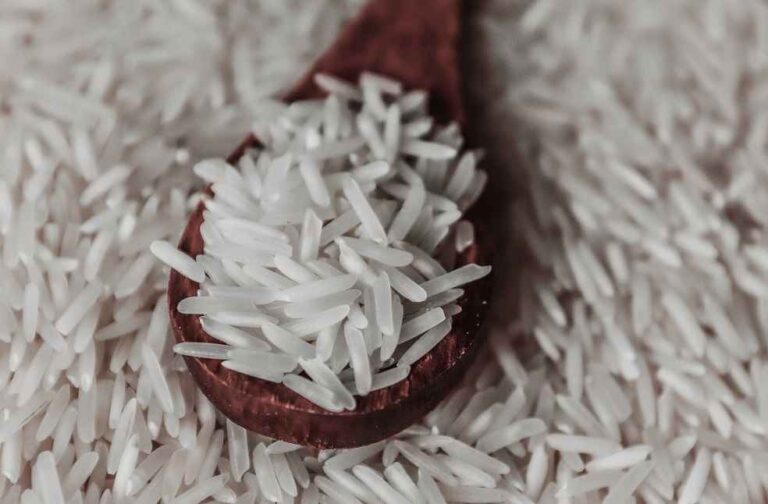Russia has alerted Pakistan to a potential ban on rice imports following the discovery of a quarantine organism, Megaselia scalaris (Loew), within a recent shipment. This notification of rice ban from Russia’s Federal Service for Veterinary and Phytosanitary Surveillance (FSVPS), dated April 2, cites significant deviations from both international and Russian phytosanitary standards.
Prompted by this detection, Pakistani trade representatives in Russia have received directives to undertake an exhaustive probe into the violation. Russian authorities have articulated their demands through formal communication to the Pakistani embassy, insisting on stringent compliance with phytosanitary protocols by all Pakistani rice exporters. This action aims to preserve the integrity of agricultural commerce between the two nations.

Historically, Russia has enforced similar embargoes on Pakistani rice, as seen in 2019 and December 2006, due to failures in meeting health and food safety norms.
Presently, Pakistan faces a critical issue, particularly as its rice exports have surged notably. The cessation of non-Basmati rice exports by India last year catalyzed an increased demand for Pakistani rice. Reports from prominent Pakistani rice dealers indicate an export volume of approximately 700,000 tonnes in December 2023 alone, marking a peak for the fiscal year.
With projections from the Rice Export Corporation pointing towards a 60% increase in Basmati rice exports and a 36% rise in non-Basmati rice exports, the looming threat of a Russian ban poses a significant risk to Pakistan’s agricultural export sector.

Chela Ram Kewlani, Chairman of the Pakistan Rice Exporters Association, underscored the necessity for meticulous selection and packaging of rice intended for export. He advocated for rigorous phytosanitary practices to prevent any future disruptions that could impair bilateral trade relations.
As both countries address this intricate issue, the resolution will significantly impact the dynamics of the global rice market, underscoring the importance of stringent international phytosanitary compliance in sustaining global trade networks.
BUSINESS GENERAL | India’s Carbon Tax Exemption Bid Controversial in UK Trade Talks



